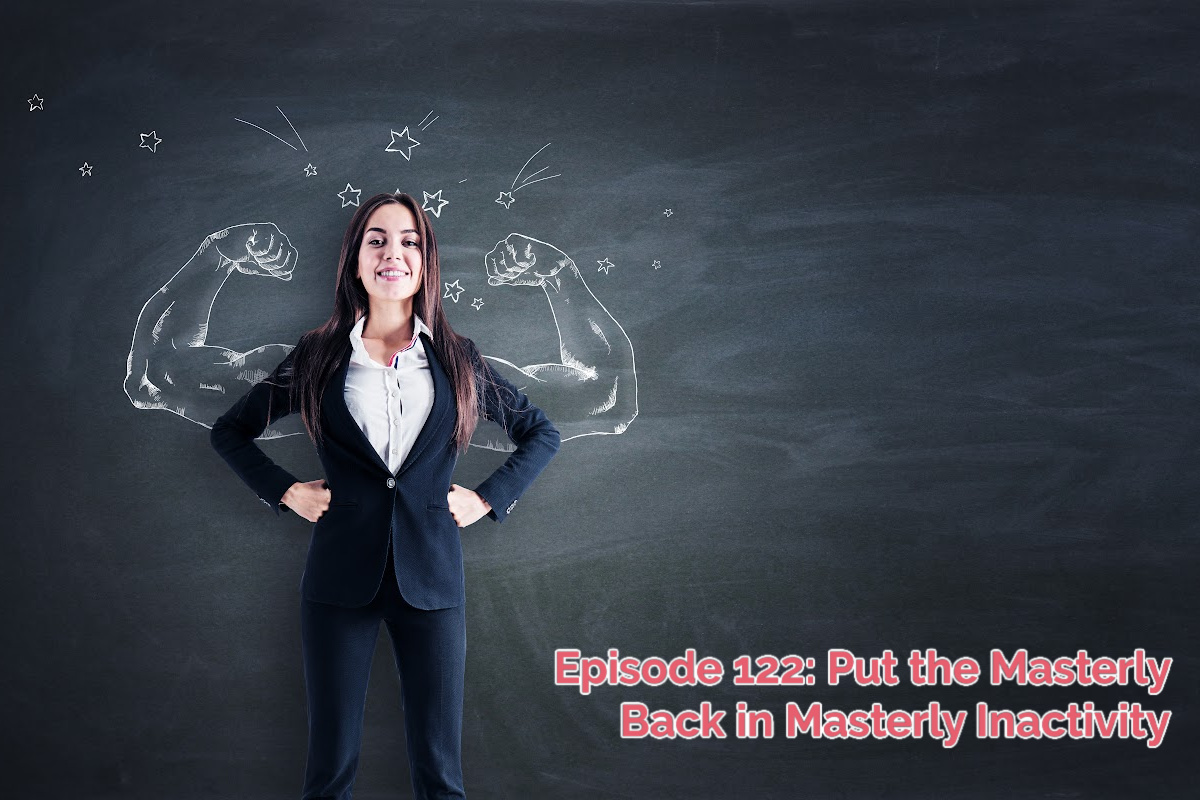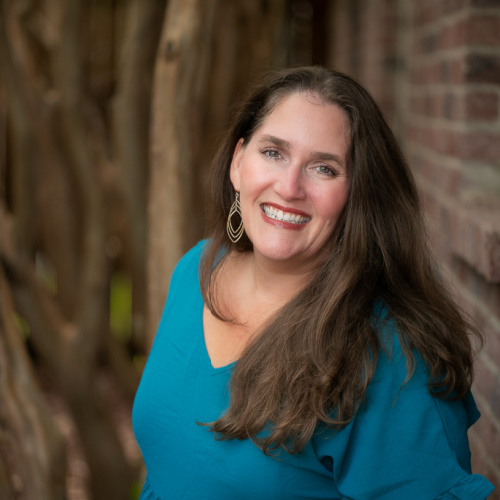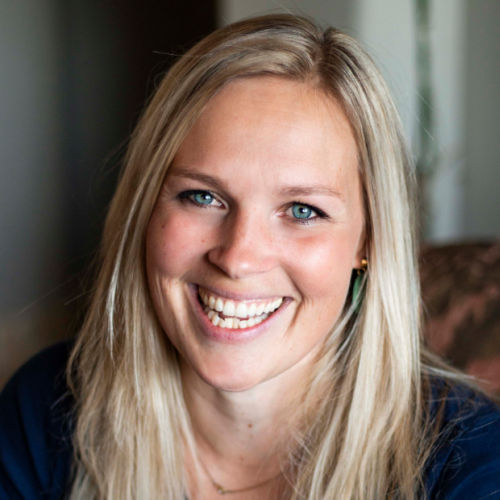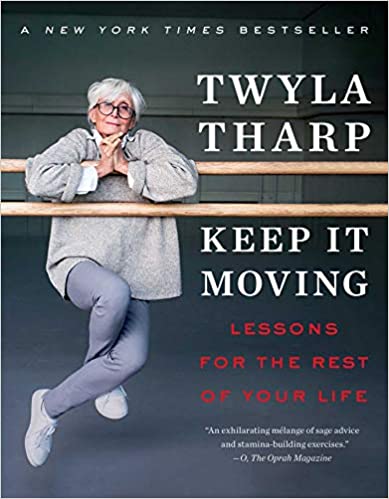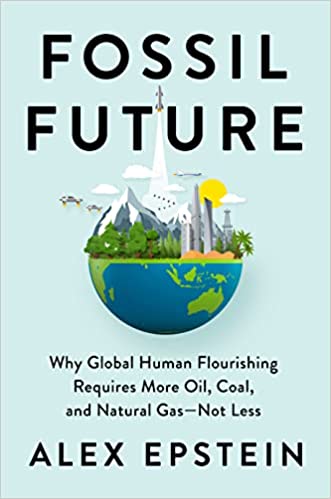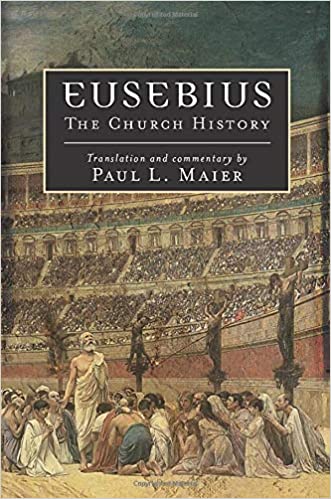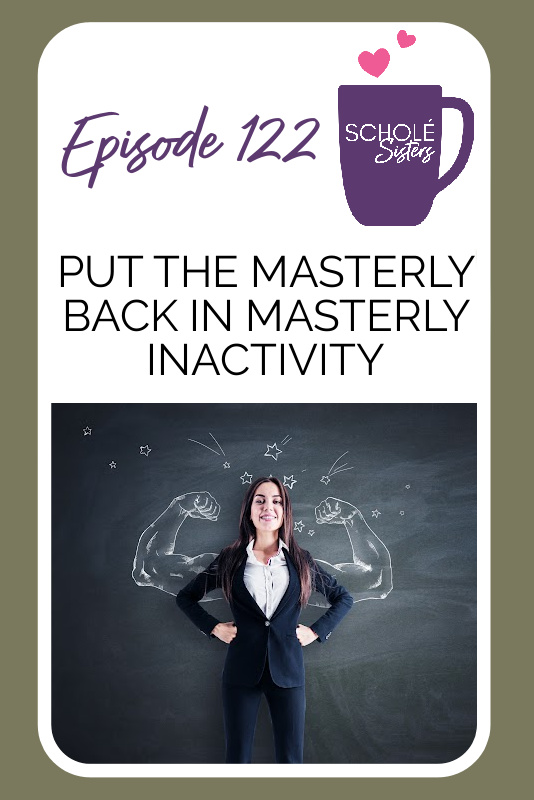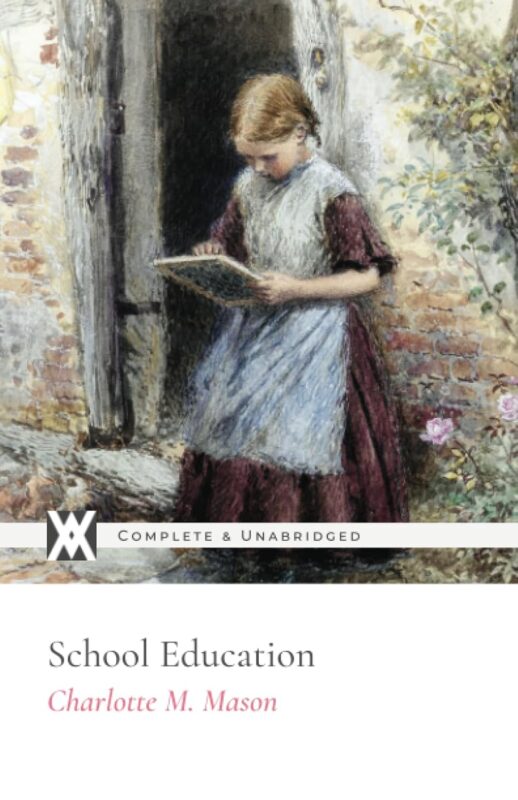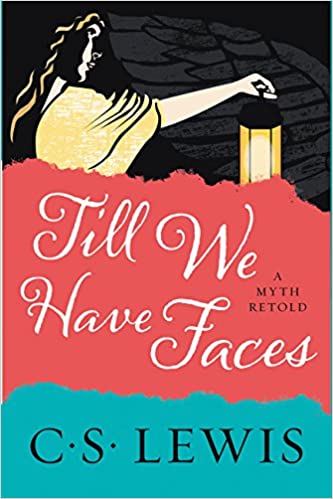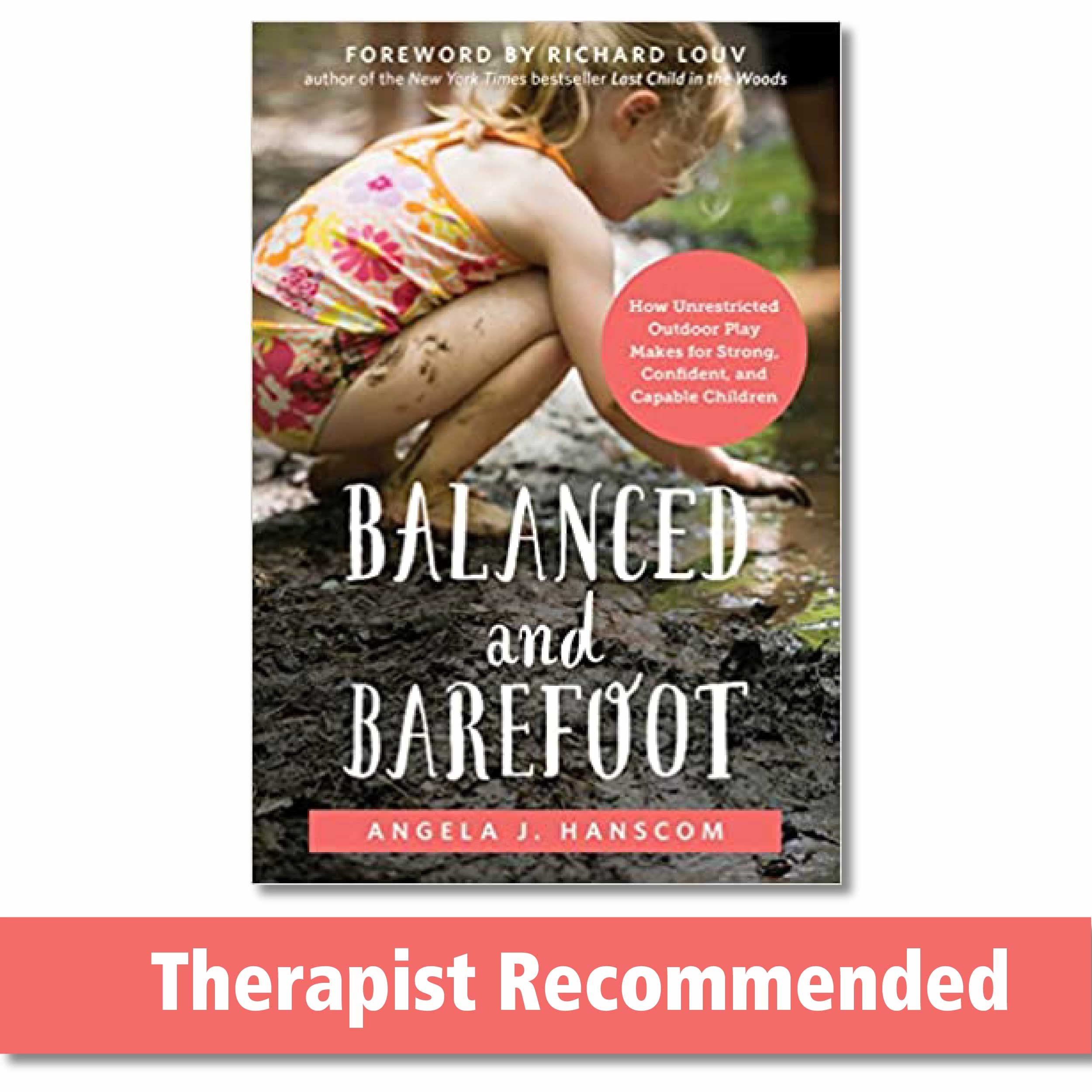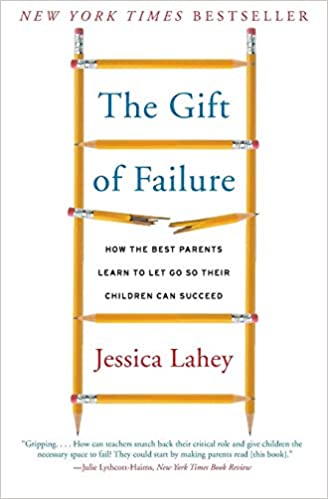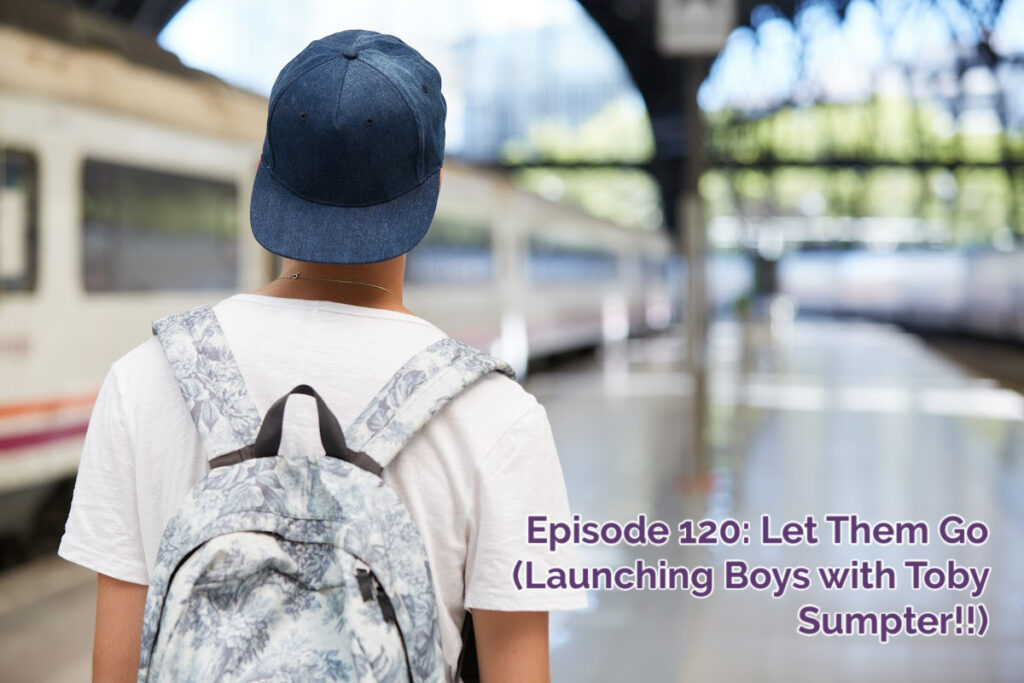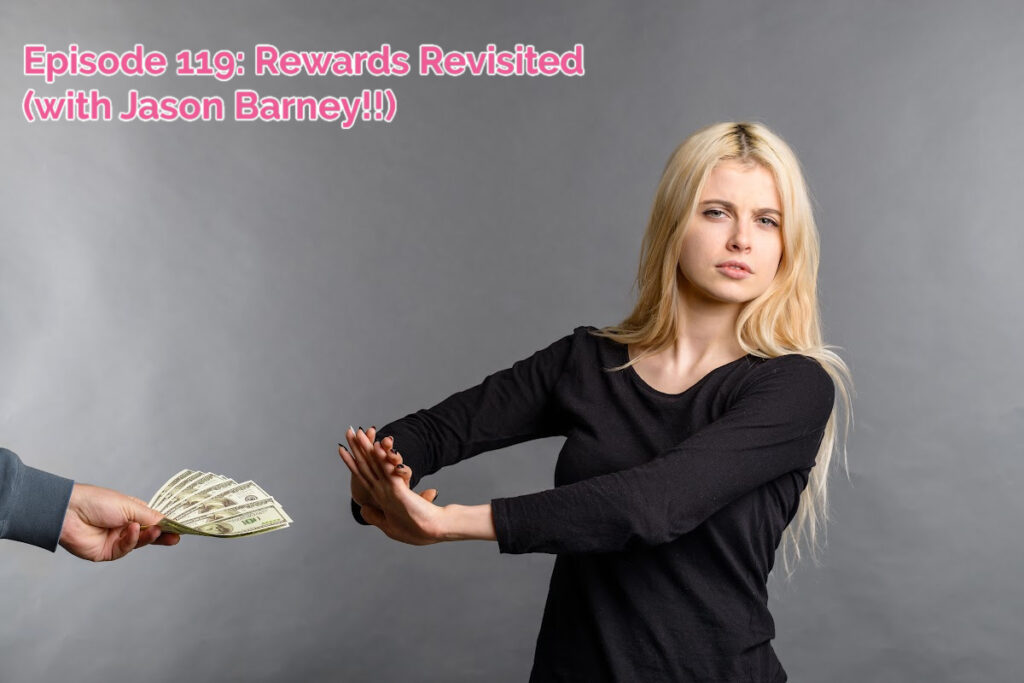SS #122 – Put the Masterly Back in Masterly Inactivity
In this episode we are discuss Charlotte Mason’s concept of Masterly Inactivity.
It’s not hers in the sense that she invented it, but the phrase itself is hers – as far as we know, she invented the term, and it’s sort of unfortunate because it is one of the misunderstood terms out there.
Masterly Inactivity is not something the children do. It is not something the parents particularly do. But it also does not mean parents – mothers particularly – should be negligent or inattentive.
Masterly Inactivity is a reminder that we should be slow to interfere, slow to speak, yet watchful masters of the situations before our children.
Listen to the podcast:
TUNE IN:
Apple Podcasts | Spotify | Stitcher
What Is Masterly Inactivity?
Today’s Hosts and Source
“They must be let alone, left to themselves a great deal, to take in what they can of the beauty of earth and heavens; for of the evils of modern education few are worse than this — that the perpetual cackle of his elders leaves the poor child not a moment of time, nor an inch of space, wherein to wonder — and grow. At the same time, here is the mother’s opportunity to train the seeing eye, the hearing ear, and to drop seeds of truth into the open soul of the child, which shall germinate, blossom, and bear fruit, without further help or knowledge of hers.“
Charlotte Mason, Home Education
Scholé Every Day: What We’re Reading
Keep It Moving: Lessons for the Rest of Your Life, Twyla Tharp
At 78 years old, Tharp is still active and creative, and she explains in this book how to keep engaged with life as you age. She likens fitness to farming, so Abby loved it.
The Church History, Eusebius edited by Paul Meier
Mystie likes to keep a history section going in her 5×5 challenge, and this classic will give you appreciation and context for the early church and martyrs.
Fossil Future: Why Global Human Flourishing Requires More Oil, Coal, and Natural Gas — Not Less, Alex Epstein
Brandy brought a book to complain about. He has great things to say, but needed an editor because he’s so redundant. His style undercuts his message.
Masterly inactivity
Masterly inactivity means watching our children, but not being quick to interfere. It is the wise balance that is neither neglectful nor busybody.
Being overly helpful with small children actually interferes with their learning and development of strength and responsibility. When we step in and get the children to their desire without them having to work for it, we prevent them from learning through effort. We hinder them from building a work ethic and experiencing the reward of effort paying off.
Masterly inactivity is a way to parent our children the way God parents us. He could zap us with all the virtue and perfection that we are striving for, but He doesn’t do that in this life. He knows it’s coming, and He wants us to work out our salvation in this life, to grow and mature and develop incrementally through process. We can parent our children in the same way.
Parenting with humility
Charlotte Mason said that parenting with masterly inactivity is a way of parenting in faith. It is an acknowledgement that our kids don’t need us for everything but that God also is working in their lives.
We should leave the space for God’s work and not jump in to fix and instruct in everything all the time. Sometimes we should, but it’s actually not our job to ensure everything in their lives works out the fastest and easiest.
Masterly inactivity gives grit
To develop grit, children need to experience cause and effect for themselves. We must not micromanage their decisions and their experiences and effort. It is good for children to face temptation, make a choice, and experience the appropriate consequences. It’s more a parent’s job
Every time a child feels that he chooses to obey of his own accord, his power of initiative is strengthened.
Charlotte Mason, Home Education
Control comes from fear
Masterly inactivity can only be done when you’re not parenting from fear.
Control as parents might feel possible when they are little, but it gets harder when kids get older. Yet the reasons to fear over our kids’ decision increases as they get older and do more and more significant things with long-term effects. If we’ve given in to our fears for over a decade, we will not be able to effectively parent our teens and let them go into adulthood.
Practice repenting of fear, practice parenting with faith, while the kids are small so you can do so when they are big. You are not in control, but God is.
Instead, moms need self-control. Remember: our children are not ours.
Sometimes we tell ourselves our control is based in love, but the reality is that it is based in selfishness. Til We Have Faces reveals how we can deceive ourselves and be grasping with our children.
Moms – work yourself out of your job
We can also fear being displaced in their lives.
When our kids are small, we are the center of their world. We love that phase, so it can be hard to shift to a periphery space in their lives as they grow up.
We want to be needed. We want to be the central figure in our kids’ lives. But that’s not actually where we are supposed to end up. We’re supposed to give over that place in their lives, and it’s easier to do so gradually through masterly inactivity than to be grasping and force our children to have to tear themselves away.
Don’t be sentimental over childhood and try to hold on to it. It’s not meant to last. Celebrate the way God made the world, don’t try to work against it, even if it feels like love.
Rescuing is sabotaging
When we rescue our kids instead of letting them figure things out and do extra work or lose things as consequences of their own forgetfulness or carelessness, we’re impeding their maturity and ability to become responsible adults. The lessons must be learned.
As moms, we can give our kids the gift of learning it early or we can rescue them, feel like necessary small saviors, and unintentionally make adulthood much harder for them.
Mentioned in the Episode
Listen to related episodes:
SS #120 – Let Them Go: Parenting Teens (with Pastor Toby Sumpter!!)
SS #119 – Rewards Revisited
SS #118 – Grit for Moms & Kids
SS 92: Mother Knows Best (Censorship in the Homeschool)


